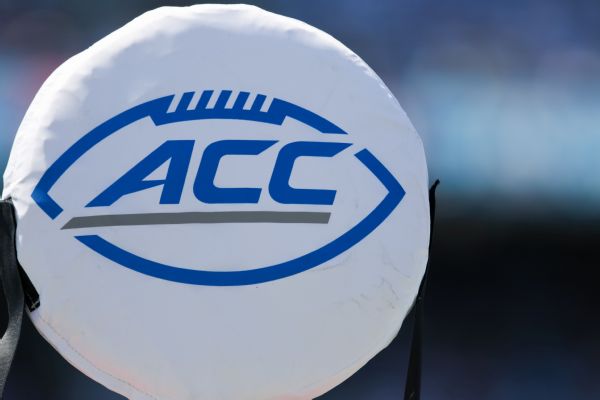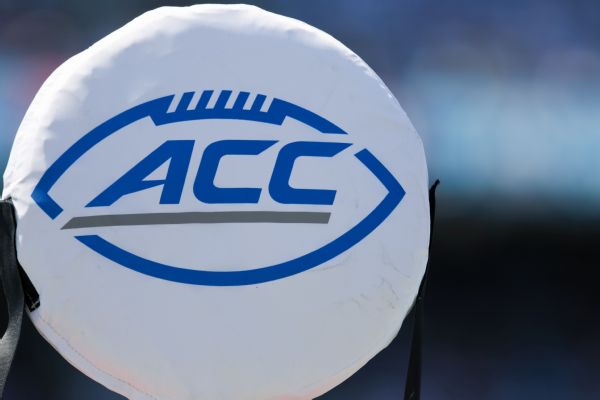
The ACC board of directors endorsed a new revenue distribution model Wednesday that will reward success based on postseason performance, the league announced in a statement.
These “success incentives” are based on performance in revenue-generating postseason competition — more specifically, the College Football Playoff and NCAA tournament. A larger share of that revenue will go to the teams participating rather than getting divided equally among all members.
All other revenues, including those from the league’s current television contract, will continue to be shared equally. While the complete specifics have not yet been solidified, the success incentive initiative will begin in 2024-25, once the expanded College Football Playoff begins.
The ACC board of directors, comprising the league’s 15 presidents and chancellors, met this week in Charlotte. ACC commissioner Jim Phillips said last week during ACC spring meetings in Amelia Island, Florida, that he was optimistic the board would endorse this new model.
“The ACC Board of Directors continues to be committed to exploring all potential opportunities that will result in additional revenues and resources for the conference,” Vincent E. Price, ACC board of directors chair and Duke University president, said in a statement. “Today’s decision provides a path to reward athletic success while also distributing additional revenue to the full membership.”
The ACC has spent months discussing a new revenue distribution plan as a way to help mitigate what is expected to be a $30-40 million annual revenue gap between the conference and the SEC and Big Ten. Florida State athletic director Michael Alford said last week that under the new success incentives plan, a team that makes the College Football Playoff could potentially add more than $10 million in revenue annually.
“Today’s endorsement follows significant and meaningful conversations by the ACC Board of Directors,” Phillips said in a statement. “To be certain, I applaud their thoughtfulness and continued commitment to working collectively. As we’ve communicated consistently, we remain dedicated to exploring all options to enhance support for our member institutions and their student-athletes.”










